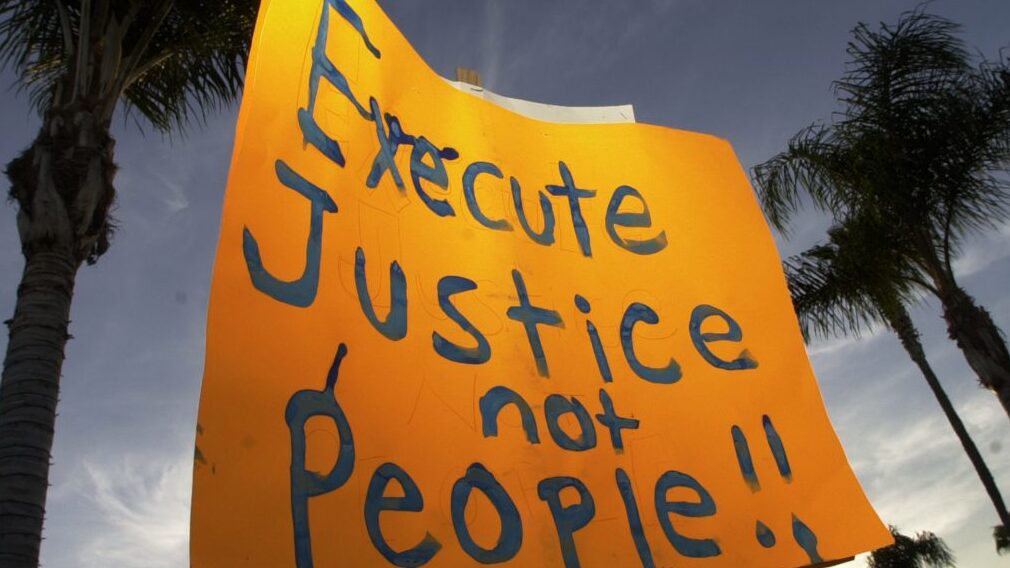
Zimbabwe: Abolition of the death penalty, between tradition and modernity.
In Zimbabwe, a heated debate is brewing over the potential abolition of the death penalty, revealing the tensions between tradition and modernity in a country at a crossroads. While human rights advocates claim victory, arguing that capital punishment is a relic of the past, opponents cling to a sense of mob justice that, let’s face it, is hard to defuse amidst the turmoil of criminal violence. Is the law reform merely an act of political expediency, or are we witnessing genuine societal change?
The Death Penalty: A Controversial Legacy
The death penalty, a symbol of punitive justice in many countries, has found its way into Zimbabwean laws. In a nation where criminal cases continue to make headlines, the question of its abolition has become central. Let us recall that this measure is not without its share of controversies: it divides opinions, all camps combined. While supporters of abolition emphasize its ineffectiveness and its inhumane character, defenders of the death penalty evoke the need for deterrence in the face of galloping violence. A tension that leads us to question the very function of the law in a complex post-colonial context.
Public opinion: between fear and hope
In the Zimbabwean landscape, public opinion seems to oscillate between the desire for security and the quest for progress. Violent crimes, regularly publicized in the media, feed a fear that could justify the retention of the death penalty as a last resort. However, it is fascinating to note that this fear does not necessarily lead to a consensus. Indeed, voices are emerging, pleading for better education and rehabilitation of criminals rather than their execution. Can we really build a more just society on the ashes of an archaic justice system? This is the question that more and more Zimbabweans are asking themselves.
Politics: strategies and manipulations
In this context, the role of political leaders is crucial. Let us not allow our minds to be lulled by vain illusions: the abolition of the death penalty could serve hidden interests. While the reform would be presented as a step towards modernity, it could also be used to distract citizens from the real socio-economic issues plaguing the country. Who can believe in the sincerity of politicians’ promises when the recent past is riddled with manipulations? Zimbabwe needs real leaders who care about the lives and well-being of citizens, and not just flattering figures on paper.
In short, the question of abolishing the death penalty in Zimbabwe is not simply a moral choice. It challenges us to reflect on the nature of our justice system, the values of our society and the direction we wish to take. The debates ahead will be crucial in shaping the destiny of a nation in search of its identity.



Leave a comment
This site is protected by hCaptcha and the hCaptcha Privacy Policy and Terms of Service apply.